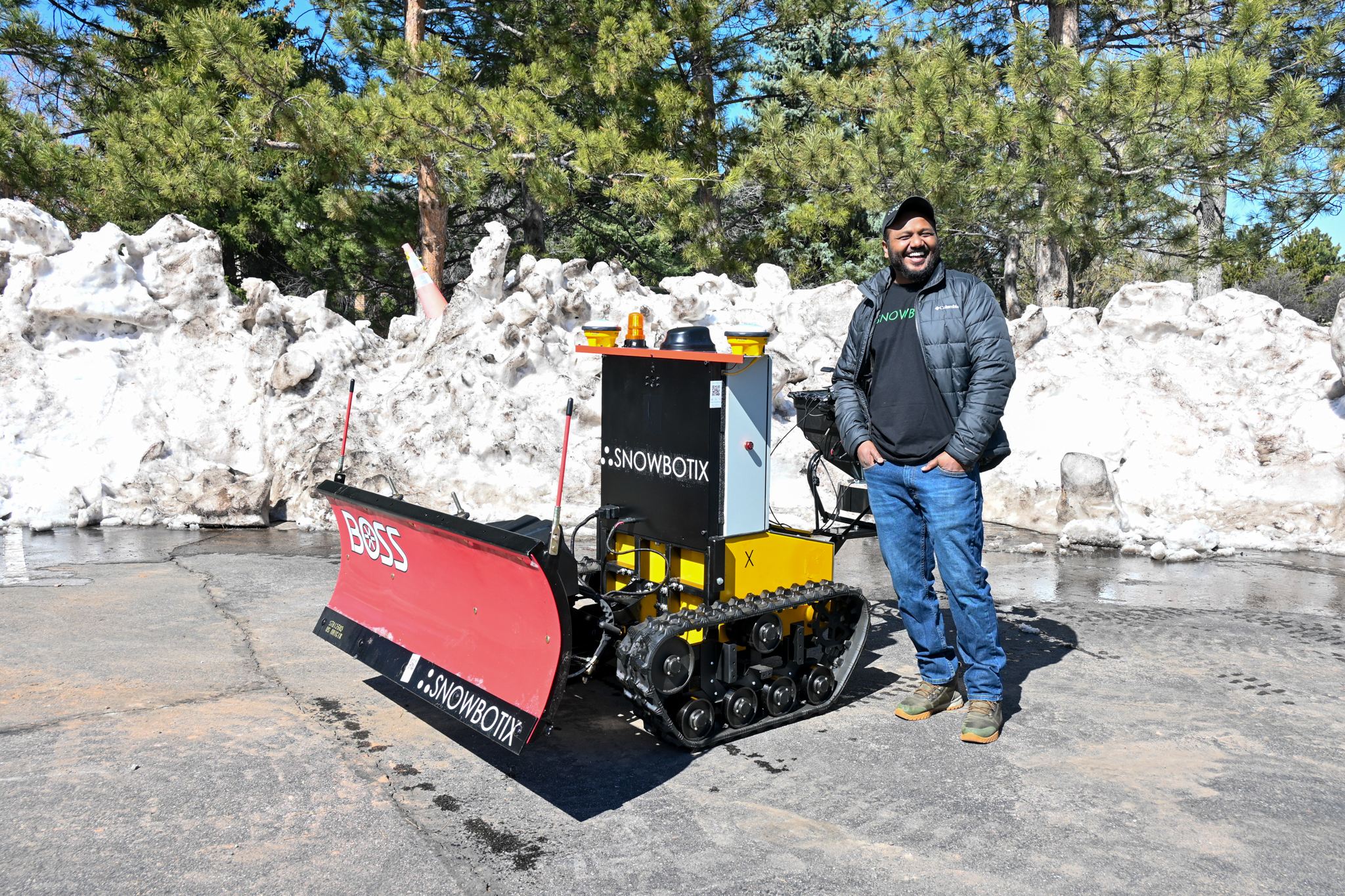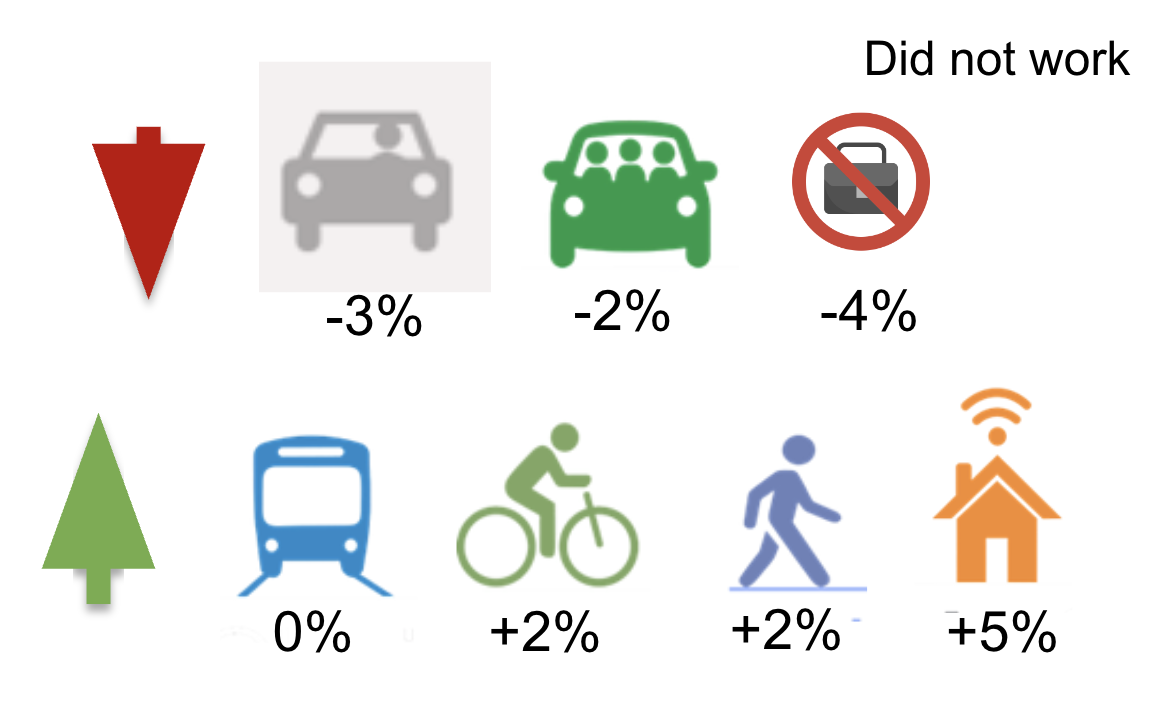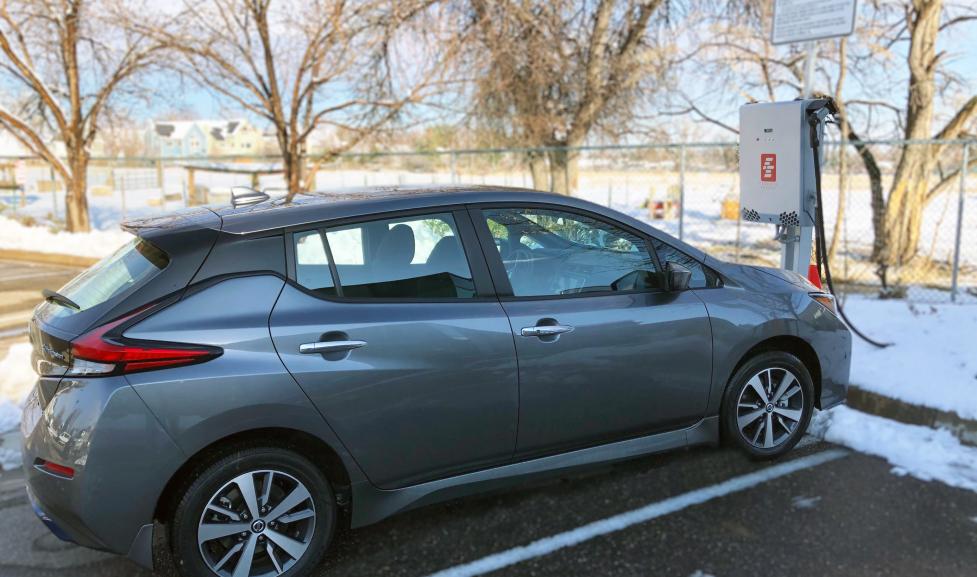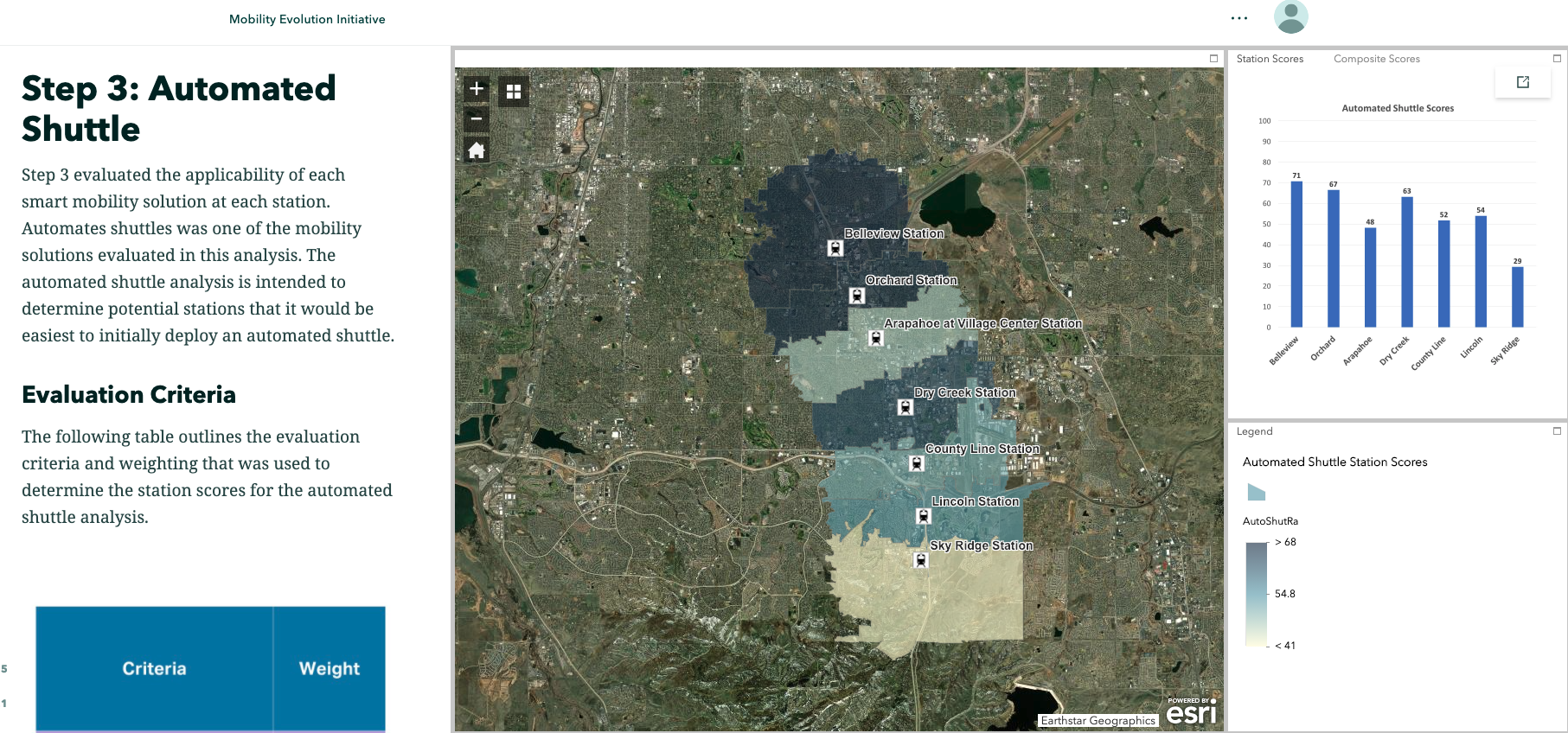The Colorado Smart Cities Alliance’s city members already have countless Smart Cities-related projects underway, with nearly 100 new projects identified as opportunities for collaboration. Each project showcases the forward-thinking nature of the public sector leaders involved and the innovative private sector partners that are helping to bring these projects from vision to reality.
ACTIONABLE INNOVATION
Actionable Innovation is our tested, five-phase approach to smart cities investments. Through this model, we consider the need, viability and sustainability of potential projects. We also consider outcomes and the ability of a project to solve challenges regionally. As a result, we deploy projects that have a significantly higher chance of growing beyond the pilot.
- Partner: Facilitate a Collaborative Partnership by aligning the challenges, capacity and priorities of a Government Partner with the data and technology capabilities of a Business Partner.
- Explore: Bring Collaborative Partners together to explore creative, outcome-driven solutions to regional challenges.
- Evaluate: Evaluate the viability, affordability and sustainability of potential solutions and select the best option.
- Implement: Launch projects that have a high chance of success in the test phase and ability to scale regionally and across the state.
- Scale: Expand projects that were successful in a pilot to other localities and regions across the state.
This page only highlights examples of the many projects we’re working to start, replicate, and scale. Check back here regularly to see the latest projects from our members and find opportunities to get engaged.
With funding from the Colorado Office of Economic Development and International Trade, members of the Colorado Smart Cities Alliance have access to this world-class resource to jointly develop new solutions to solve the most complex problems.










